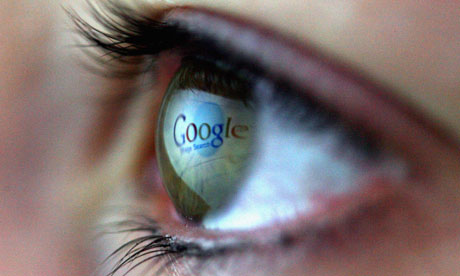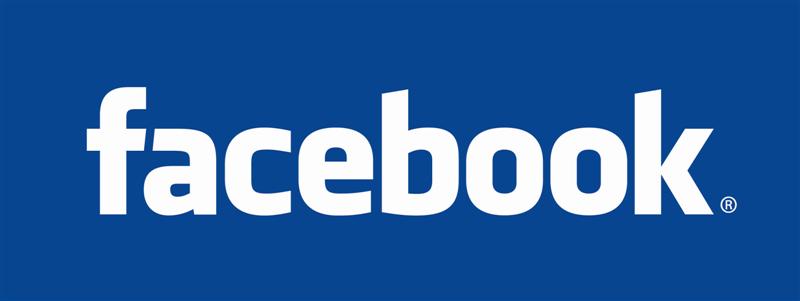The way in which we communicate and talk is always shifting and ever changing. We now have access to on demand information wherever we are from devices such as our phones or even our mp3 players, which have evolved themselves to become adaptable for social communication. We are able to automatically download podcasts broadcast from anywhere in the world in a matter of seconds and keep up to date with whatever subject we follow. We are able to put sources of information on a list so that when new information is published, it is sent directly to us via email, or text, and it can update our social networking websites with notifications and alerts. Technology has evolved so much that we can use the same device to set alarms in the morning, remind us to do something at a certain time via calendar, listen to music or watch videos and music, text and share these videos with music with anyone we like via the internet, download more videos and music and even enjoy video game entertainment on multiple platforms and consoles. We can get such information on demand to such an extent that it is now the demand of the consumer to have it more quickly and more easily, and marketers must cater to this or risk being outdone by their competitors.
This is an advanced shift between the technology available to us 20 years ago and it primarily falls to the inception of the internet, which vastly expanded our social output capabilities greatly, and it is said we are now part of the most exciting time in communications history that has ever been known. Businesses, individual people, non-profit groups such as charities, fan clubs and suppliers and retailers alike, everyone in the modern world is familiar with the internet and almost everyone we know has a Facebook account, or at the very least will know what it is; and just as popular are websites such as Google.
These websites are so renowned and so much a part of our vocabulary and every day lives that they are a part of our culture and society, more and more businesses are using Facebook and branching out to near limitless audiences, and investing more and more heavily in their own websites as they come to value the importance of a well organized website. The internet has even given birth to some of the greatest ideas of our time; Facebook and Google to name but two, but online business retailers such as eBay, Amazon and YouTube have all become extremely useful ways for businesses to advertise, generate revenue and get connected with their audiences.
Consumers are becoming more aware and active, they will no longer sit passively by and accept what they are told; people are now free to access their own information and become an active part of deciding how they live their lives, rather than having producers and marketers dictate what they should wear and what they should buy, what to think and what to like. These active audiences engage and interact with the media. News broadcasters acknowledge this and give readers and watchers alike the chance to cast their votes and their opinions in online polls, and can do the same thing for their favourite TV shows.
Most notably the internet gave birth to online gameplay some years after it's conception and the market value of the online gaming industry no doubt extends into billions of dollars. The modern world almost revolves around this new technology and the sudden collapse of this one asset to our lives would break an entire social system.


No comments:
Post a Comment